O ano de 2020 se aproxima, e com ele o momento em que a Lei Geral de Proteção de Dados (LGPD) entrará em vigor. Respeitar este conjunto de direitos e obrigações vai ser fundamental para evitar problemas com a justiça. Para tanto, é importante desfazer quaisquer dúvidas que ainda rondem o assunto.
Foi pensando nisso que elaboramos um artigo apontando 5 itens que você precisa saber sobre a LGPD. São informações que vão te ajudar a cumprir com os termos da legislação sem grandes problemas. Você pode inclusive utilizar algumas dessas informações para embasar as suas políticas de privacidade.
Afinal, sabendo quais dados são coletados pela sua empresa e como a lei pede que eles sejam tratados, os seus termos serão mais claros e específicos. Para saber quem são os fatores envolvidos no tratamento de dados e quais as suas atribuições, continue a leitura.
5 coisas que você precisa saber sobre a Lei Geral de Proteção de Dados
-
O seu funcionamento
O ponto de partida para lidar bem com a LGPD é entender como ela irá funcionar na prática. O que vai acontecer é que, ao coletar dados, a sua empresa precisará informar a sua finalidade de uso. Será necessário ainda que o próprio usuário dê o seu consentimento explícito para a utilização proposta.
Caso aceite, a organização estará apta a tratar das informações coletadas dentro dos limites da lei. Caso o usuário exija qualquer manutenção ou eliminação dos dados, a empresa precisará acatar. Por fim, é indispensável que só sejam coletadas informações que se relacionem com o fim proposto.
-
Para quem ela vale
Todas as empresas, públicas ou privadas, que operam em solo brasileiro precisam respeitar os preceitos da LGPD. Outros tipos de instituição que lidem com dados pessoais também deverão passar por adequação. A regra é básica: se houver coleta e uso de informações de usuários, a legislação se aplica.
Dado pessoal, dado sensível e a diferença entre os dois
-
O que é considerado um dado pessoal?
Um ponto central que precisa ser compreendido é o que a lei define como um dado pessoal. Basicamente são informações que possam servir para identificar o usuário. Portanto, itens como nome, endereço, IP, e-mail, fotos, números de documento, fotos de rosto, dentre muitos outros, estão inclusos.
A Lei Geral de Proteção de Dados estende a sua abrangência até mesmo aos textos e fotos que venham a ser publicados nas mídias sociais. Vale lembrar ainda que a LGPD possui uma categoria de dados especiais. Você confere tudo a respeito deles no tópico seguinte.
-
O que são dados sensíveis?
Os dados sensíveis vão além da identificação básica presente nos dados pessoais. Eles podem abordar itens como religião, orientação sexual, etnia, condições de saúde e até mesmo posicionamentos políticos. A LGPD restringe o uso das informações contidas nesta categoria e exige garantia de sua proteção.
Vale conhecer as informações que não são cobertas pela LGPD
-
Informações que não são afetadas pela LGPD
Apesar da abrangência da LGPD ainda existem dados que não são afetados por ela. As informações que têm fim acadêmico, jornalístico ou artístico, por exemplo, respondem a outro conjunto de regras. O mesmo é válido ao tratarmos de políticas governamentais, segurança pública, defesa nacional e proteção à vida.
Aprofundando a LGPD: Boas Práticas e Desafios na Proteção de Dados Pessoais
A proteção de dados lgpd é uma prioridade para públicos ou privados no Brasil. A lei nº 13.709/2018, conhecida como Lei Geral de Proteção de Dados (LGPD), estabelece um conjunto de regras e princípios para o tratamento dos dados pessoais.
Principais Aspectos da LGPD
Além dos 5 itens mencionados no artigo, é importante conhecer outros aspectos relevantes da LGPD:
- Agentes de tratamento: A LGPD define os papéis dos agentes de tratamento, incluindo o controlador (quem toma as decisões sobre o tratamento) e o operador (quem realiza o tratamento em nome do controlador).
- Titulares dos dados: A lei garante direitos aos titulares dos dados, como acesso, correção, eliminação e portabilidade dos dados.
- Consentimento do titular: O consentimento do titular é uma das bases legais para o tratamento dos dados pessoais, exigindo que seja livre, informado e inequívoco.
- Autoridade Nacional de Proteção de Dados (ANPD): A autoridade nacional de proteção é o órgão responsável por fiscalizar e regulamentar a LGPD, garantindo a proteção de dados anpd.
- Princípios da LGPD: O tratamento dos dados deve observar os princípios da lgpd, como finalidade, adequação, necessidade, livre acesso, qualidade dos dados, transparência, segurança, prevenção, não discriminação e responsabilização.
- Sanções administrativas: O descumprimento da LGPD pode resultar em sanções administrativas, como multas, advertências e bloqueio dos dados.
- Compartilhamento de dados pessoais: O compartilhamento de dados pessoais com terceiros deve seguir as regras da LGPD, exigindo consentimento do titular ou outra base legal.
- Dados pessoais sensíveis: A LGPD estabelece regras mais rigorosas para o tratamento de dados pessoais sensíveis, como origem racial ou étnica, convicção religiosa, opinião política, filiação a sindicato ou organização de caráter religioso, filosófico ou político, dado referente à saúde ou à vida sexual, dado genético ou biométrico.
- Segurança da informação: As empresas devem adotar medidas preventivas e de segurança para proteger os dados pessoais contra vazamentos de dados, acessos não autorizados e outras ameaças.
- Relatórios de impacto: Em alguns casos, as empresas devem elaborar relatórios de gestão de impacto à proteção de dados pessoais (RIPD).
Boas Práticas para Adequação à LGPD
Para garantir a conformidade com a LGPD, as empresas podem adotar as seguintes boas práticas:
- Mapear os tratamentos de dados realizados pela empresa.
- Elaborar uma política de privacidade e um termo de uso claros e transparentes.
- Implementar medidas de segurança para proteger os dados pessoais.
- Treinar os colaboradores sobre a LGPD e as boas práticas de proteção de dados.
- Nomear um encarregado pelo tratamento de dados (DPO).
- Manter registros das operações de tratamento de dados.
- Atender aos direitos dos titulares dos dados.
- Realizar auditorias regulares para verificar a conformidade com a LGPD.
Desafios da LGPD
A implementação da LGPD apresenta alguns desafios para as empresas, como:
- Adequação dos processos e sistemas de TI.
- Investimento em segurança da informação.
- Mudança na cultura organizacional.
- Interpretação da legislação.
A LGPD é uma legislação importante para a proteção da privacidade e dos dados pessoais dos cidadãos brasileiros. As empresas que se adequarem à lei estarão mais bem preparadas para enfrentar os desafios da era digital.
Para mais informações sobre a LGPD, consulte o site da autoridade nacional de proteção e outros recursos confiáveis. Se precisar de mais informações, ou tiver alguma dúvida, fale conosco.
Gostou deste conteúdo? Esperamos que sim! Para ficar por dentro de outros, não deixe de acompanhar as publicações em nosso blog.











